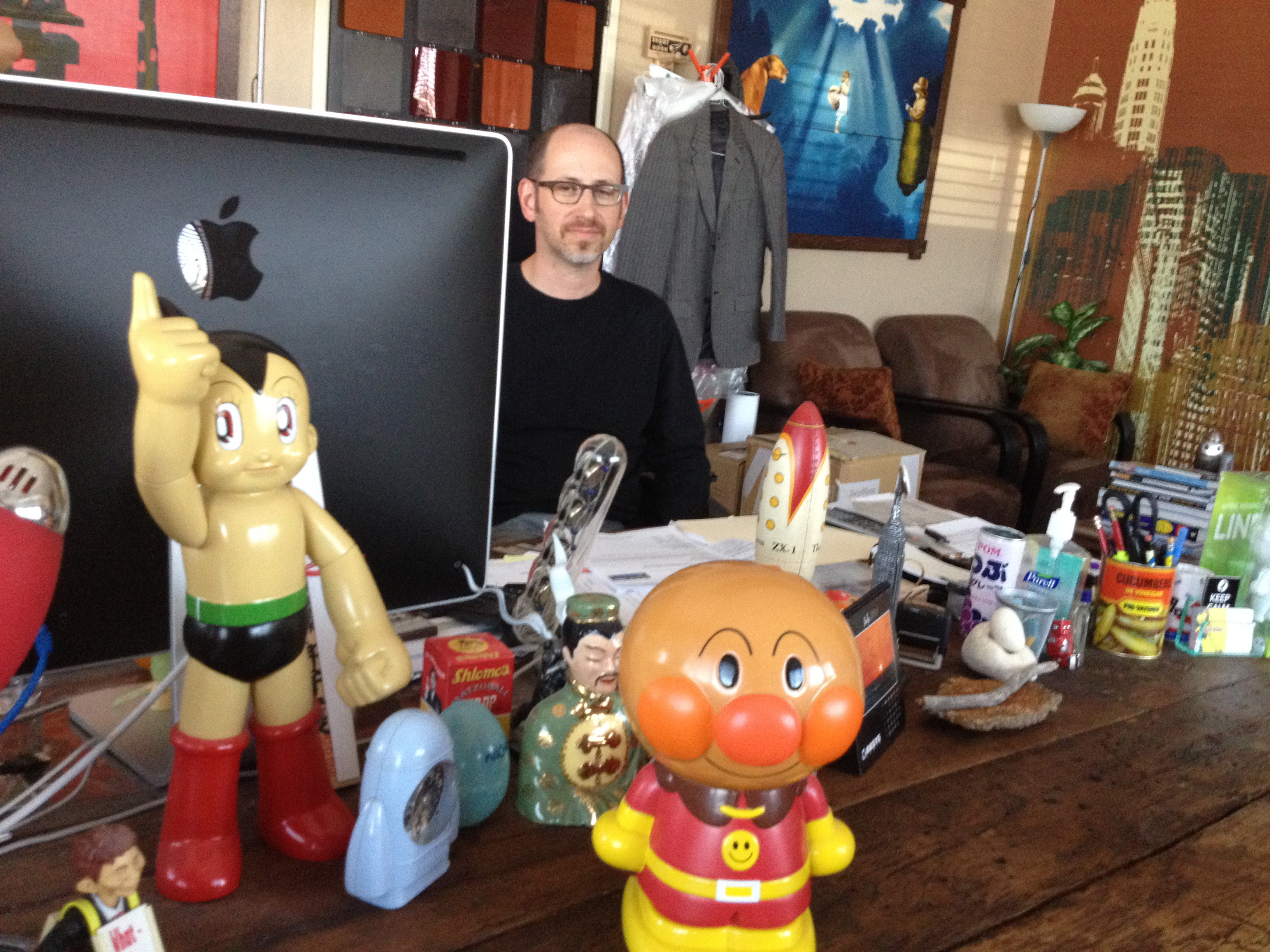If anime has a hometown in America, it may be somewhere in the metropolitan ooze of Los Angeles, California. Earlier this month, America's largest anime convention, Anime Expo, hit maximum capacity. Reaching its ceiling of 80,000 unique attendees prompted whispers about the need for a venue even larger than the city's cavernous convention center.
As a locus for the film, television and video-game industries, the region boasts a constantly replenishing population of actors, directors, writers and engineers, and numerous studios and facilities in which they can make their magic. The West Coast is also home to generations of Japanese immigrants, and has long been closely attuned to cultures across the pond of the Pacific.
I was recently invited to the city to give a keynote address at Project Anime Los Angeles, a trans-cultural conference that connects non-Japanese convention organizers with each other, and with Japanese studios and other creative industries. Biannually held, Project Anime takes place once in LA and once in Tokyo — I wrote about this year's Tokyo edition in April. Like Anime Expo, Project Anime continues to expand. Organizers from 44 conventions in the United States, Mexico, Canada, Belgium and Chile met with representatives from 23 anime and Japanese pop-culture companies — a vast spike in participants from both camps since last year. Topics addressed included convention safety and security, how to best host Japanese guests, and the tricky task of localization: making Japanese content understandable and palatable to a non-Japanese audience.



